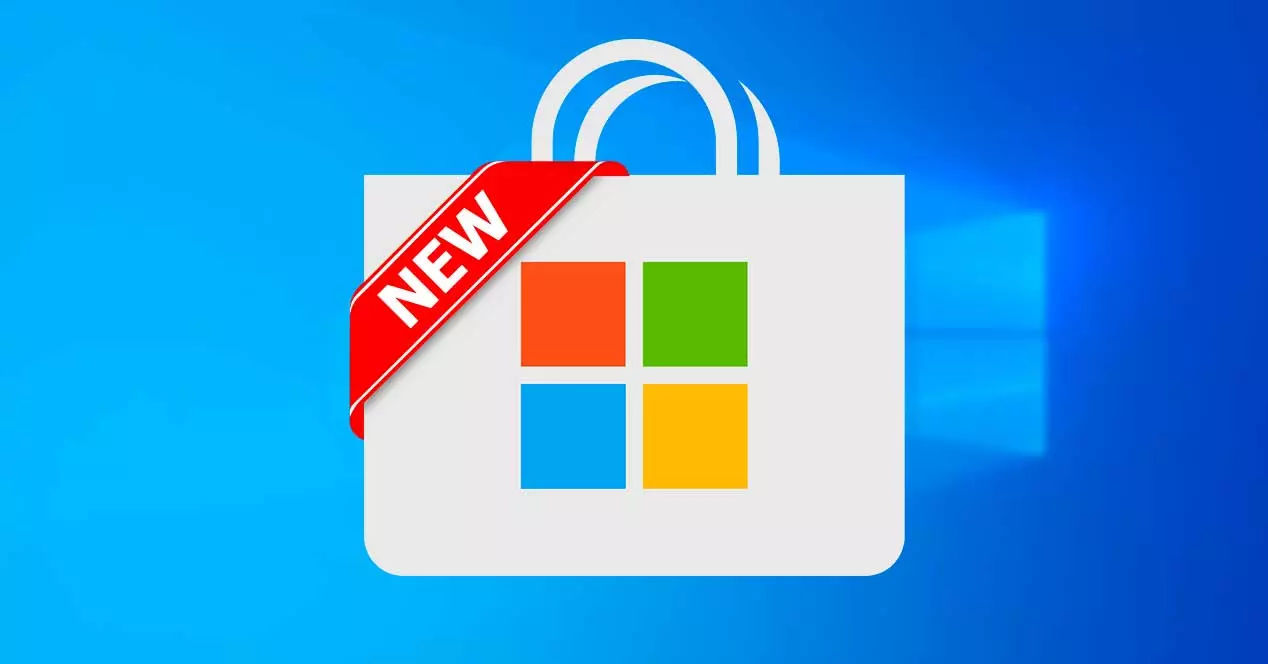
The Windows app store is one of the most controversial points of Microsoft. Since its launch, with Windows 8, it has always been surrounded by controversy, whether due to the presence of malware, developers publishing third-party applications, or the lack of common programs. With Windows 10, and especially with the release of Windows 11, Microsoft is committed to addressing and ending all of these issues. And with some it has succeeded, but other problems will continue to be present in this store. And that is going to be a problem.
A month ago, Microsoft released an update to its Microsoft Store policy. In this new policy many restrictions were placed on developers to improve both the quality of the store and the security of the apps that are published in it. With this policy, among other things, it is intended to put an end to scams and make the store a much safer and more reliable place.
One of the policies that we were able to find in the first version of the policy is that banned publishing open source apps as paid apps. Many developers have been using this technique to get some revenue from the users of their apps. However, this policy was going to get many developers who were already doing this practice banned from the store.
Finally, after many complaints and claims by users, Microsoft has finally turned back and eliminated this clause. And that’s bad news.
We return to the beginning with the fake apps
As we can see, Microsoft has removed the clause that prohibited this practice inside his store. Therefore, developers who want to continue publishing their open source applications, for a fee, will be able to do so under the guidance of Microsoft. After all, Microsoft is the first interested party, since, let’s remember, it takes a part of the price.
2/3 To clarify our intent, we removed the previous mention to open source pricing. We’re committed to building an open Store and enabling dev choice and flexibility. If there are intellectual property concerns about an app, please report it at https://t.co/giZuHeCIpH
— Giorgio Sardo (@gisardo) July 18, 2022
At first, this seems like good news. However, we are back to how we were before the new shop policies. Any developer, as it happens up to now, can make a fork of the original code of a program, and upload it to the store on their own. You can charge us for that fake appand Microsoft can’t do anything about being covered by the new license terms.
The company, given this, asks developers that, if they find applications that violate their intellectual property, write a report at this link to analyze it. But, to be honest, being an open source application, which surely has a permissive license, uploading it to the store and charging for it will not violate any copyright. And, if it does, when Microsoft deletes it, the pirates who have cheated users will already have left with the money.
Lack of control by Microsoft
That open source applications are in the store is excellent news. And that they are paid for is also a good thing as it allows developers to continue maintaining and developing their program. But Microsoft is still not betting on the clear solution.
What he had to do is, instead of playing now yes, now no, now yes, now he can, stipulate a definitive policy that protects both developers and users. And this is none other than allowing the publication of these open source programs, as long as it is shown, in one way or another, that we are the original creators and owners of the project.
This would avoid cases like the missing LibreOffice app circulating in the store that has been compiled by a pirate, packaged as a UWP app, and uploaded to the store.



